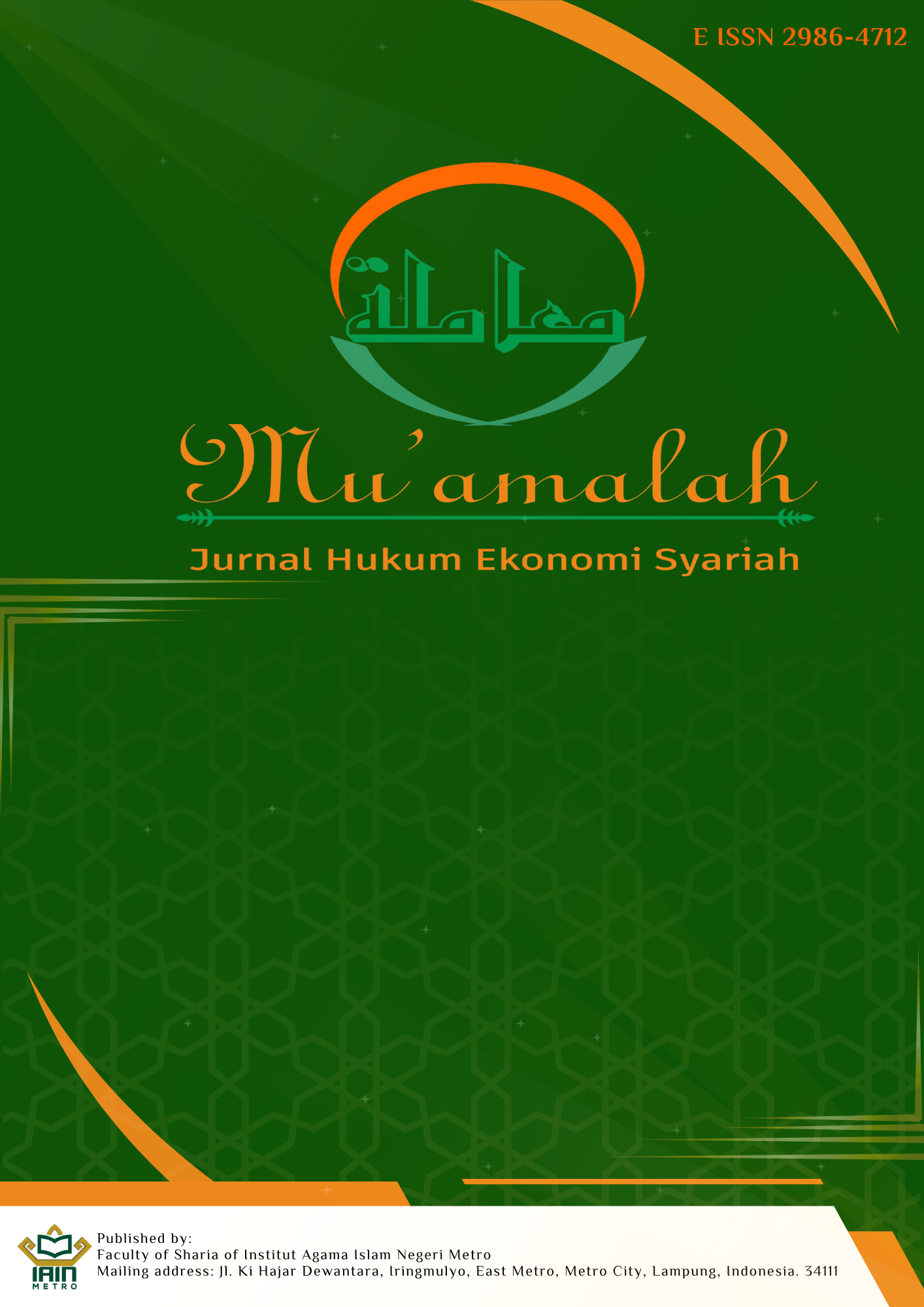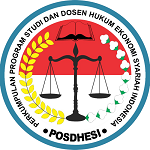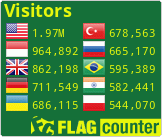Jual Beli dengan Klausula Baku dalam Perspektif Kompilasi Hukum Ekonomi Islam
DOI:
https://doi.org/10.32332/muamalah.v1i1.3474Keywords:
jual beli, klausula baku dan IslamAbstract
This study examines the use of standard clauses (klausula baku) in contracts, which often create an imbalance by allowing the stronger party to dictate terms, leaving the weaker party with no opportunity for negotiation. This practice can lead to unfair transactions, especially when the weaker party lacks bargaining power or knowledge. The research explores how Islamic law views such practices and their impact on fairness and transparency in commercial transactions. The gap in existing literature lies in the limited analysis of how klausula baku contradicts Islamic principles of mutual consent, justice, and the protection of the weaker party. The findings show that klausula baku in contracts, when imposed without mutual agreement, violates Islamic principles of fairness and equity. Islamic law emphasizes justice, transparency, and the need for mutual consent in transactions. The study highlights that such practices, which favor the stronger party, are inconsistent with Sharia-compliant commercial transactions. The research suggests that reforms are necessary to align these contracts with Islamic ethical standards, ensuring that transactions remain just, transparent, and fair for all parties involved.
Downloads
Downloads
Published
Issue
Section
License
Copyright (c) 2022 Hilda

This work is licensed under a Creative Commons Attribution-ShareAlike 4.0 International License.
All articles in the Mu'amalah: Jurnal Hukum Ekonomi Syariah can be disseminated on condition that they still include the identity of the article and the source (Mu'amalah). The publisher is not responsible for the contents of the article. The content of the article is the sole responsibility of the author.
Authors who publish this subject agree to the following terms:
First, the Authors retain copyright and grant the journal rights from the first publication with the work simultaneously licensed under a Creative Commons Attribution-ShareAlike 4.0 International License that allows others to share the work with an acknowledgement of the work's authorship and initial publication in this journal.
Secondly, the authors can enter into a separate or an acknowledgement of its initial (e.g., post-institutional repository or publish it in a book) publication in this journal.
![]()
Third, the authors are permitted and encouraged to post their work online (e.g., in institutional repositories or on their website) before publishing work is cited.








